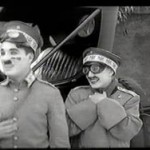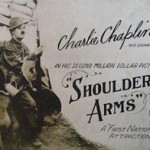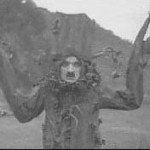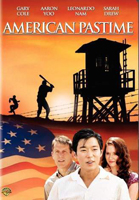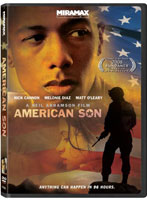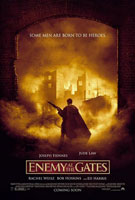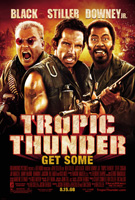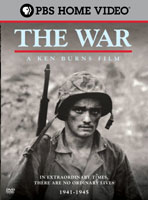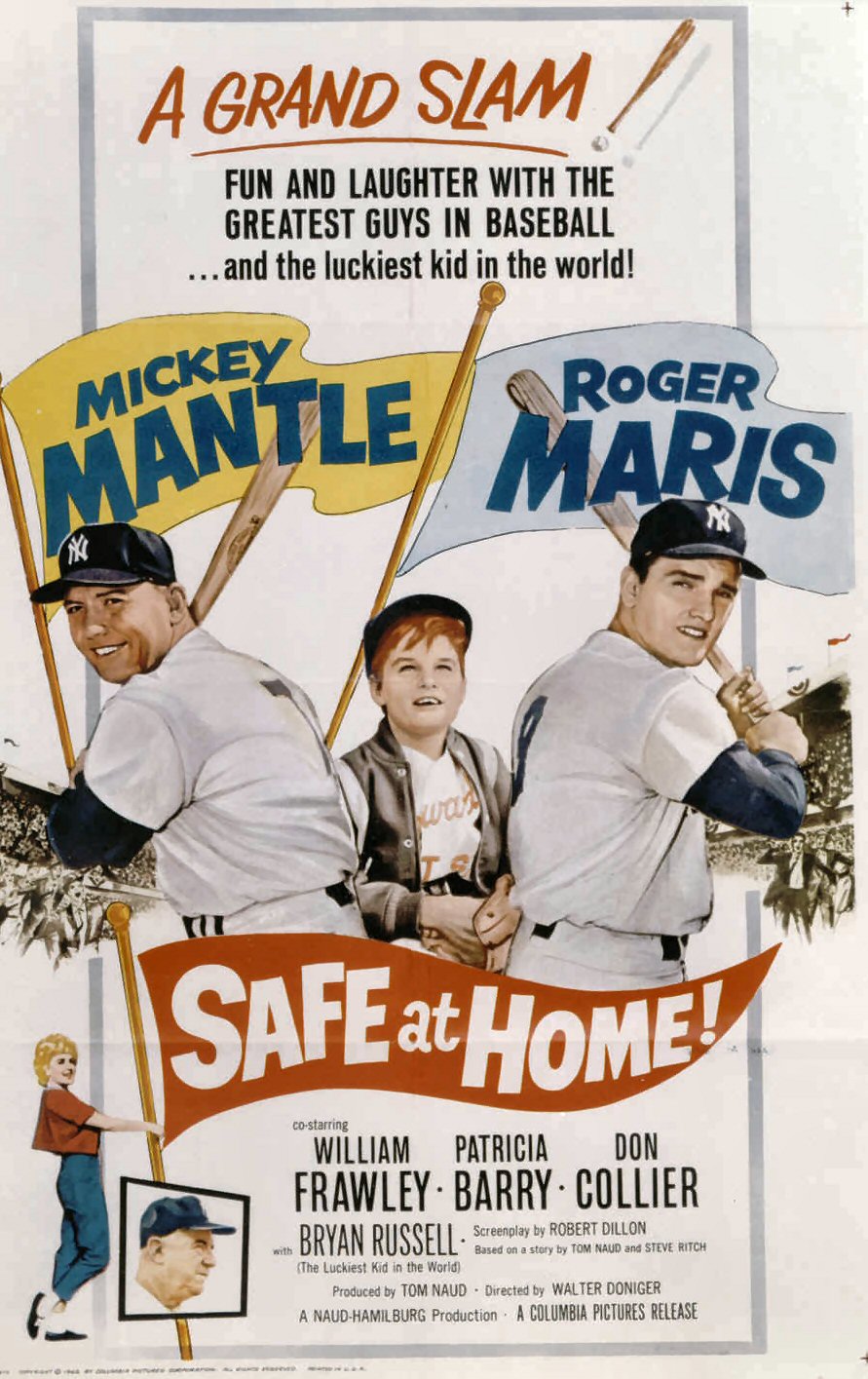One of the things that I don’t like about a lot of war movies is their gung-ho attitude. I’ve never been a fan of flag waving, no matter which country is doing it. The kind of patriotism that I react to best in war movies is the more subtle kind where soldiers go out and just do their thing. They don’t have to pledge allegiance or sing anthems because there’s the implication of patriotism. That makes them human and someone I might want to get to know some more about. Guys like Charlie Chaplin’s tramp who heads off to fight the Germans in Shoulder Arms. It’s a satire of war meant to lighten Allied spirits at home and on the front, even if by the time it was released the outcome was no longer in doubt.
Chaplin stars as a lonely soldier fighting in the trenches. While the rest of his platoon get care packages of letters and cake from home, he doesn’t even get a good night’s sleep. At one point he volunteers to go behind enemy lines on a dangerous mission to capture the German Kaiser. Because Chaplin’s character is such a physical underdog, there’s an immediate attachment to him. He’s easy to relate to, even if he is a real-life cartoon character.
Because Shoulder Arms is propaganda the enemy can never come across as a threat. The Germans are a nasty group of thugs who look like they escaped P.T. Barnum’s traveling circus and freak show. They’re ugly buffoons shaped in extremes. The especially stupid thugs are large gorillas. Contrast that with the generals and Kaiser who are petite in stature standing with perfect posture to make them look taller than they really are.
Like most Chaplin films, the physical comedy is one of the primary attractions. There’s the standard chase scenes and mockery. But there’s also a few clever exchanges and on-the-fly costume changes that raise the tempo beyond the normal.
Although it’s been a long time since 1918, there are still lessons to be learned from Shoulder Arms. The one I got out of it is that patriotism comes in many forms. Personally I’d rather see a comedian bumble his way to victory against some even more inept threat. This shows that nobody, or nation, is perfect. When Chaplin’s soldier goes to sleep in a trench that’s been flooded into a small pond I imagine the soldiers back in the day got a laugh because they could relate to the poor conditions, even if there wasn’t the threat of drowning. In showing some cynicism Chaplin makes his character and the cause something that’s not perfect and therefore more believable. And entertaining.
Shoulder Arms Gallery
Film
